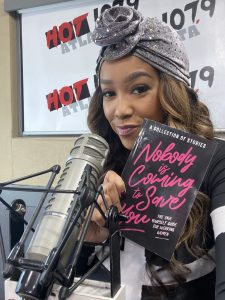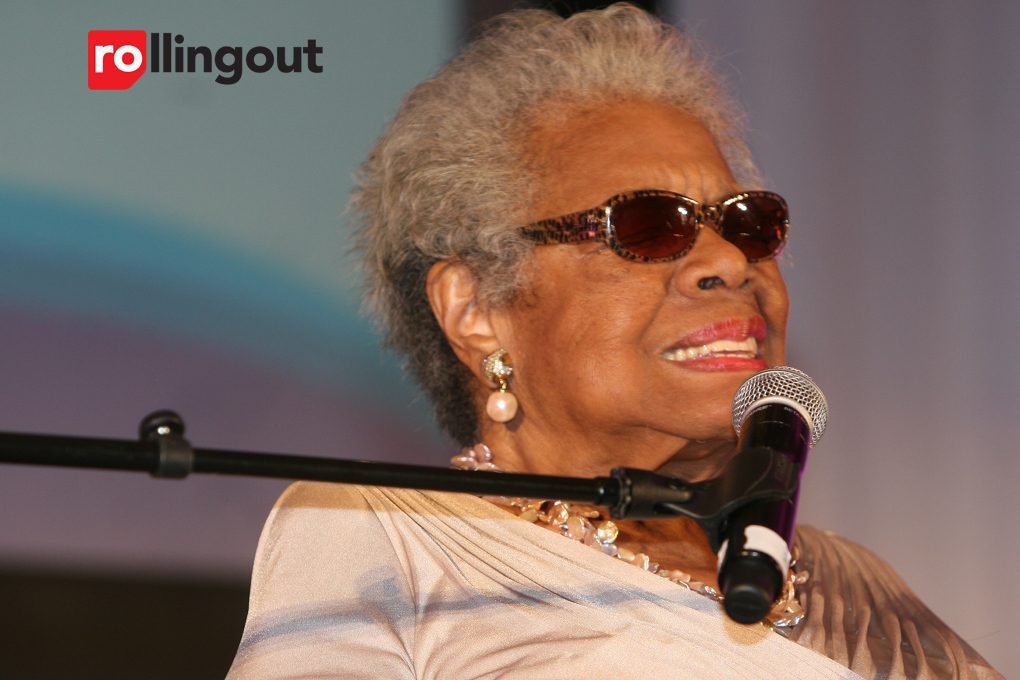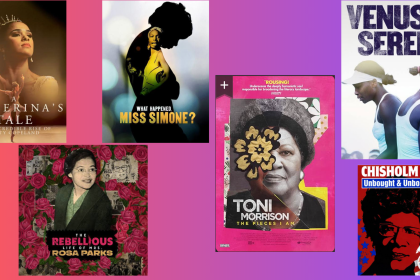Literature serves as both mirror and window, reflecting lived experiences while offering glimpses into worlds beyond our own. The written word has a unique capacity to preserve cultural memory, challenge dominant narratives, and elevate voices historically pushed to society’s margins. Black women authors have created an extraordinary literary legacy that accomplishes all these functions while demonstrating exceptional artistic merit. Their works navigate complex intersections of race and gender while addressing universal human concerns with nuance and insight.
This curated selection highlights 13 seminal works spanning multiple decades and genres. These books represent not only literary achievement but cultural touchstones that have shaped conversations around identity, justice, and representation. From pioneering classics that broke new ground to contemporary works continuing that tradition, each selection offers readers an opportunity to engage with stories that illuminate the breadth and depth of black women’s experiences.
Toni Morrison’s unflinching debut
Morrison’s 1970 novel “The Bluest Eye” introduced readers to a literary voice of extraordinary power and precision. The story centers on Pecola Breedlove, a young black girl in post-Depression Ohio who believes that blue eyes would transform her life and grant her the love and acceptance she desperately seeks. Through this devastating narrative, Morrison examines how white beauty standards can corrode self-worth and identity, particularly for black girls and women.
The novel’s unflinching exploration of sexual assault, racism, colorism, and mental health marked Morrison as a writer willing to confront difficult truths with compassion and literary sophistication. Her rich imagery and layered storytelling established a template for examining black female trauma that influenced countless writers who followed. More than five decades after its publication, “The Bluest Eye” remains a profound meditation on how societal standards can shape individual psychology with devastating consequences.
Maya Angelou’s transformational autobiography
“I Know Why the Caged Bird Sings,” published in 1969, transformed the landscape of autobiographical writing with its lyrical prose and unflinching honesty. Angelou’s account of her early years in the segregated South and later in California addresses profound trauma, including sexual assault, while celebrating the resilience that allowed her to overcome seemingly insurmountable obstacles.
The narrative’s exploration of abandonment, abuse, and ultimately self-discovery through literature established Angelou as a vital voice in American letters. Her ability to render painful experiences in language of startling beauty created a template for memoir that influenced generations of writers. The book’s enduring significance stems from both its literary merit and its role in breaking silences around black girlhood and trauma.
Alice Walker’s epistolary masterpiece
“The Color Purple,” published in 1982, employs an epistolary structure to tell the story of Celie, a young black woman in rural Georgia in the early 1900s. Through letters written first to God and later to her sister Nettie, readers witness Celie’s journey from victim to self-actualized woman capable of determining her own destiny.
Walker’s Pulitzer Prize-winning novel addresses themes of sexism, domestic violence, and sexual identity with remarkable sensitivity. The novel’s exploration of female solidarity, particularly through the character of Shug Avery, offers a powerful vision of how women can support one another in oppressive circumstances. “The Color Purple” remains a cornerstone of black feminist literature for its nuanced portrayal of black womanhood and its vision of personal transformation against overwhelming odds.
Leila Mottley’s breakthrough exploration of survival
One of the most striking recent additions to the canon of black women’s literature is Leila Mottley’s 2022 novel “Nightcrawling.” This debut work introduces readers to Kiara, a 17-year-old girl in Oakland, California, who becomes entangled in a police scandal while struggling to care for herself and her younger brother amid poverty and abandonment.
Mottley’s poetic language and unflinching portrayal of systemic failures earned her recognition as one of the youngest writers ever longlisted for the prestigious Booker Prize. The novel’s examination of how institutional structures can exploit vulnerable individuals, particularly young black women, makes it an essential contemporary read that continues the tradition of bearing witness to difficult truths.
Angie Thomas’s influential examination of activism
“The Hate U Give” emerged as a defining young adult novel that addresses police violence and the complexities of activism. Thomas’s 2017 work follows Starr Carter as she navigates the dual worlds of her predominantly black neighborhood and the primarily white prep school she attends. After witnessing the police shooting of her childhood friend Khalil, Starr must decide whether to speak out despite the potential consequences.
Thomas’s novel, inspired by the Black Lives Matter movement, explores how young people develop political consciousness in response to injustice. Its accessible yet nuanced approach to complex social issues has made it required reading in many educational contexts and demonstrates how literature for young readers can engage meaningfully with urgent social questions.
Denene Millner’s exploration of maternal lineage
“One Blood” weaves a multigenerational narrative inspired by Millner’s personal experiences as an adoptee. The novel traces the lives of three women—Grace, Delores, and Rae—as they navigate questions of identity and belonging across decades. Millner’s exploration of how family histories shape individual lives, even when those histories remain partially hidden, creates a powerful meditation on the complexity of black family structures.
The novel’s sensitive treatment of adoption and maternal relationships offers readers insight into how individuals construct identity in the absence of biological connection. This exploration of lineage and belonging contributes to a broader literary conversation about family formation and maternal bonds in black communities.
Bernice l. McFadden’s southern tale of healing
McFadden’s 1999 novel “Sugar” introduces readers to the eponymous character, a troubled woman who arrives in Bigelow, Arkansas, in the 1950s and develops an unlikely friendship with Pearl Taylor, a woman grieving the decades-old murder of her daughter. Through this relationship, both women begin processes of healing that transform their lives.
The novel’s exploration of trauma, redemption, and female solidarity creates a nuanced portrait of a small southern black community. McFadden’s lyrical prose and careful attention to the interior lives of her characters established her as a significant voice in contemporary fiction. “Sugar” demonstrates how literature can examine painful histories while still offering possibilities for connection and reconciliation.
Yaa Gyasi’s sweeping historical epic
“Homegoing,” published in 2016, represents an ambitious literary undertaking that traces the legacy of slavery through the descendants of two half-sisters separated in 18th-century Ghana. The novel follows their family lines through 250 years of history, alternating between Africa and America to illustrate how historical trauma reverberates through generations.
Gyasi’s structurally innovative approach allows readers to witness how systems of oppression shape individual lives across centuries. The novel’s exploration of how identity and belonging are negotiated in the shadow of historical displacement makes it a profound contribution to discussions about the lasting impacts of colonialism and slavery. “Homegoing” demonstrates how a single work can function as both intimate character study and sweeping historical analysis.
Chimamanda Ngozi Adichie’s transnational narrative
“Americanah,” published in 2013, follows Ifemelu as she leaves Nigeria to pursue education in the United States, where she encounters American conceptions of race for the first time. Through Ifemelu’s experiences and her blog about race from a “Non-American Black” perspective, Adichie offers penetrating insights into how racial categories operate differently across cultural contexts.
The novel’s examination of immigration, cultural identity, and the politics of black hair creates a multifaceted portrait of contemporary transnational experience. Adichie’s ability to render complex social observations with humor and emotional depth has established her as one of the most significant literary voices of the 21st century. “Americanah” expands the boundaries of the immigrant narrative by centering a protagonist who ultimately chooses to return to her homeland rather than remain in America.
Deesha Philyaw’s innovative story collection
“The Secret Lives of Church Ladies,” published in 2020, gained particular resonance during the pandemic as readers sought out works that explored intimate human connections. This collection of nine short stories focuses on black women navigating desires that often conflict with religious expectations and community standards.
Philyaw’s exploration of sexuality, family secrets, and intergenerational relationships offers readers glimpses into the complex inner lives of characters rarely centered in American fiction. The collection’s examination of how black women negotiate between personal desires and community expectations creates a nuanced portrait of contemporary black female experience. These stories demonstrate how the short form can achieve remarkable emotional and thematic depth.
Tomi Adeyemi’s fantasy innovation
“Children of Blood and Bone,” published in 2018, represents an important expansion of fantasy literature through its incorporation of West African mythology and magical systems. The novel follows Zélie Adebola as she fights to restore magic to her homeland of Orïsha after a ruthless king has eliminated magic practitioners, including Zélie’s mother.
Adeyemi’s creation of a richly detailed fantasy world that draws on African rather than European traditions offers young readers an opportunity to see themselves reflected in a genre that has historically excluded them. The novel’s exploration of oppression and resistance through fantasy elements demonstrates literature’s capacity to address social concerns through imaginative frameworks. As the first installment in the Legacy of Orïsha trilogy, this work has expanded the possibilities of what fantasy literature can encompass.
Zora Neale hurston’s feminist classic
“Their Eyes Were Watching God,” published in 1937, remains one of American literature’s most significant explorations of a woman’s quest for self-determination. The novel follows Janie Crawford through three marriages as she pursues personal fulfillment despite societal expectations. Hurston’s use of dialect and folk traditions created a work deeply rooted in black cultural experience while addressing universal themes of desire and self-discovery.
Initially underappreciated, Hurston’s masterpiece gained renewed attention during the 1970s as feminist scholars recognized its groundbreaking portrayal of female autonomy. The novel’s continued resonance stems from both its technical innovations and its powerful vision of a woman defining herself beyond the limitations imposed by others.
Sapphire’s groundbreaking urban narrative
“Push,” published in 1996, presents the harrowing yet ultimately hopeful story of Precious Jones, an illiterate teenager who survives extreme abuse while seeking education as a path toward transformation. Written in Precious’s voice using vernacular language, the novel creates an immersive experience that forces readers to witness the protagonist’s struggles from her perspective.
The novel’s unflinching portrayal of poverty, abuse, and systemic neglect is balanced by its vision of how education and supportive mentorship can create possibilities for change. Through the character of Ms. Rain, Precious’s teacher, Sapphire demonstrates how dedicated individuals can make crucial differences in the lives of traumatized young people. This powerful narrative illuminates social problems while maintaining focus on individual humanity.
The ongoing legacy of Black women’s literature
These 13 works represent just a fraction of the literary contributions black women authors have made to American and world literature. Their stories explore the full spectrum of human experience while offering particular insight into the intersections of race, gender, and other aspects of identity. From Morrison’s poetic excavations of trauma to Adeyemi’s imaginative world-building, these works demonstrate the extraordinary range and depth black women writers bring to contemporary literature.
As readers engage with these texts, they encounter not only compelling stories but opportunities to develop greater understanding of experiences that may differ from their own. The continued relevance of works spanning nearly a century demonstrates literature’s power to preserve cultural memory while speaking to ongoing concerns. These authors have created an invaluable literary legacy that continues to expand as new voices emerge to join this distinguished tradition.


















